Market Analysis
In-depth Analysis of Smart Machines Market Industry Landscape
The smart machines market is undergoing dynamic transformations fueled by rapid advancements in artificial intelligence (AI), machine learning, and the Internet of Things (IoT). One of the key drivers shaping the market dynamics is the integration of smart machines across various industries to enhance automation and efficiency. Smart machines, equipped with cognitive abilities and self-learning capabilities, are becoming integral components in manufacturing, healthcare, transportation, and other sectors. The demand for increased productivity, reduced operational costs, and improved decision-making processes is driving the adoption of smart machines as organizations seek innovative solutions to stay competitive in the evolving business landscape.
That is particularly driven by the implementation of smart machines in manufacturing—a crucial market dynamic. These machines involve robotics or robotic systems, automated production lines as well as other devices which use AI and machine learning algorithms for optimizing the processes, predicting maintenance needs, and adapt operations based on changing requirements of production. The ability to sync smart machines in any manufacturing environment improves the precision and speed of production cycles, also ensuring a level of flexibility needed for operational effectiveness.
Transportation, logistics and support services are yet another segment supporting the development towards a more dynamic smart machines market. These new technologies such as autonomous vehicles, drones and smart traffic management systems using AI and IoT focused on safety integration; efficiency – increasing the capacity of use ; sustainability- to include environmentally friendly features in future planning. The goal of merging amorphous machines to this specific sector is geared towards remedying problems related to over congestions, too much consumption of fuel and need for continuous process in complex traffic.
The smart machines market is highly hypercompetitive; the competition within this particular market can be attributed to aggressive game-changing innovation and development of savvy technologies. Firms are spending vast amounts of money on improving research to build machines that learn from data feedback for assuring performance development over time. When their three technological components come together, cutting-edge artificial intelligence systems, which use machine learning and the Internet of Things technologies to analyse big amounts of data, create informed decisions and dynamically adapt.
Interconnection and interoperability play the determining role in a competitive market environment. However, as the ubiquity of smart machines increases, smooth plug-and-playability and platform compatibility are growing to be increasingly relevant concerns. By ensuring interactions among smart machines are easy, interoperability facilitates information sharing and establishing the cooperating as a well coordinated ecosystems such that contributions between smart machine share like. The smart machines can be listed as one of the most important aspects in terms of integrating a new phase, which is Industry 4.0 that requires using intelligent machines to have improved factories and supply networks. Ethical considerations and regulatory frameworks also play a significant role in shaping market dynamics. The ethical use of AI in smart machines, data privacy, and ensuring that these technologies align with societal values are important considerations for both developers and end-users. Regulatory standards are evolving to address the challenges associated with the deployment of smart machines, ensuring that they adhere to safety, security, and ethical guidelines.

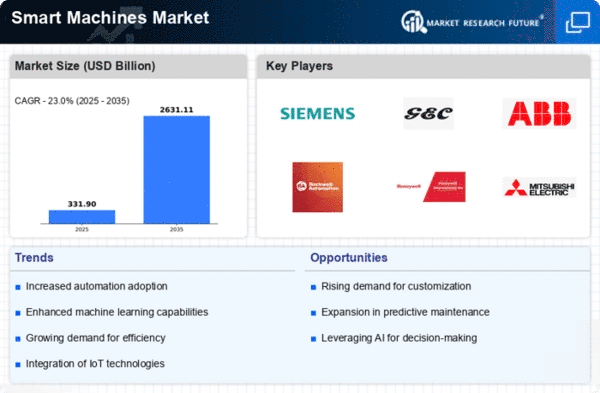
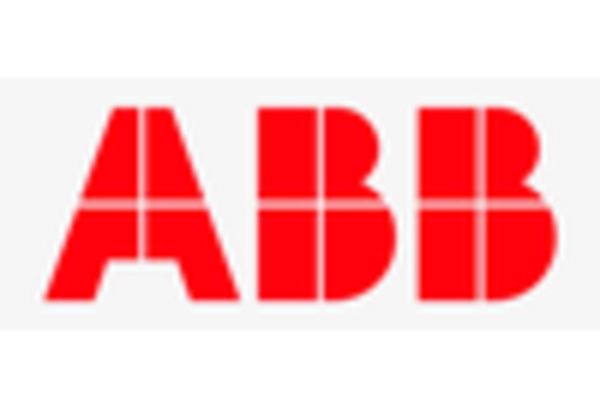
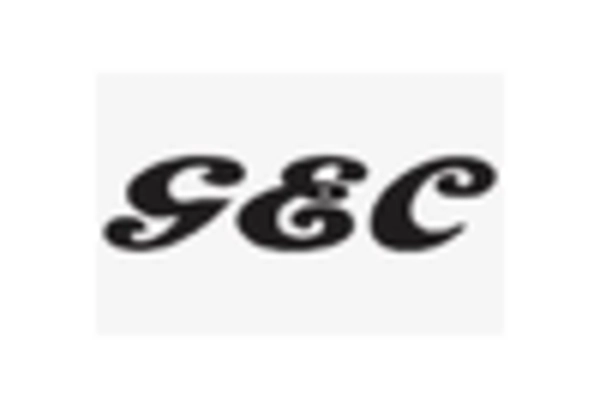

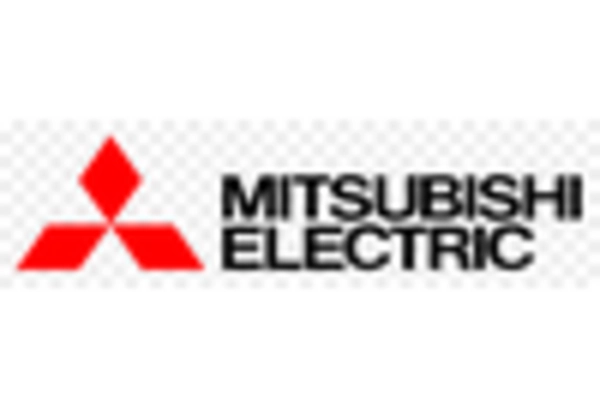
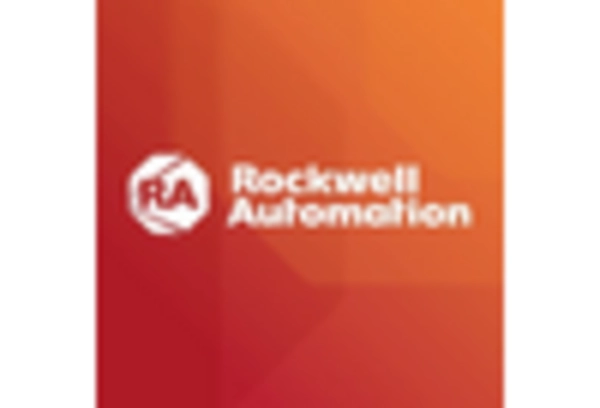










Leave a Comment